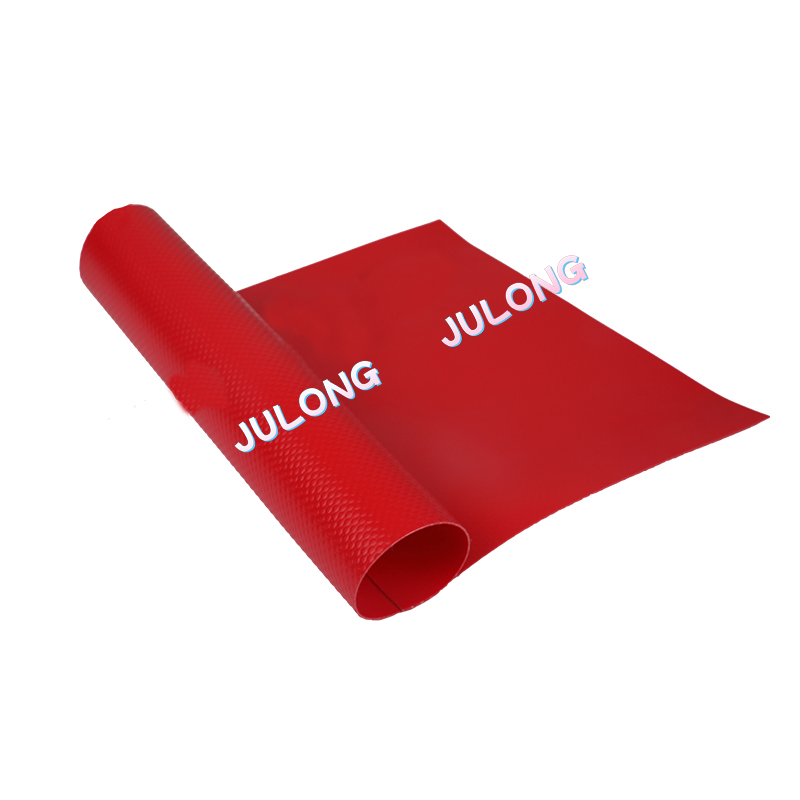Airtight PVC-coated polyester fabric can exhibit resistance to certain chemicals, but its level of resistance depends on the specific formulation of the PVC coating and the type of chemical it is exposed to. Here are some considerations regarding chemical resistance:
Acids: PVC-coated polyester fabric generally has good resistance to mild acids, such as those found in rainwater or some cleaning solutions. However, exposure to strong acids, such as sulfuric acid or hydrochloric acid, may cause degradation of the PVC coating over time.
Alkalis: PVC coatings typically have better resistance to alkalis compared to acids. They can withstand exposure to mild alkalis without significant degradation. However, prolonged exposure to strong alkalis may eventually affect the integrity of the PVC coating.

Oils: PVC-coated polyester fabric can provide some resistance to oils, including mineral oils and certain lubricants. However, resistance to oils can vary depending on factors such as oil viscosity, temperature, and exposure time. Some oils may cause softening or swelling of the PVC coating over time.
Other Chemicals: The resistance of PVC-coated polyester fabric to other chemicals, such as solvents, depends on the specific chemical composition. Some solvents may penetrate or degrade the PVC coating, while others may have little effect.
It's important to note that while PVC-coated polyester fabric may exhibit resistance to certain chemicals, it may not be suitable for prolonged exposure to aggressive chemical environments. In applications where chemical resistance is critical, it's essential to consult with the fabric manufacturer to determine the compatibility of the fabric with specific chemicals and to consider additional protective measures if necessary. Regular cleaning and maintenance can also help prolong the life of the fabric in chemical-rich environments.


 English
English عربى
عربى







